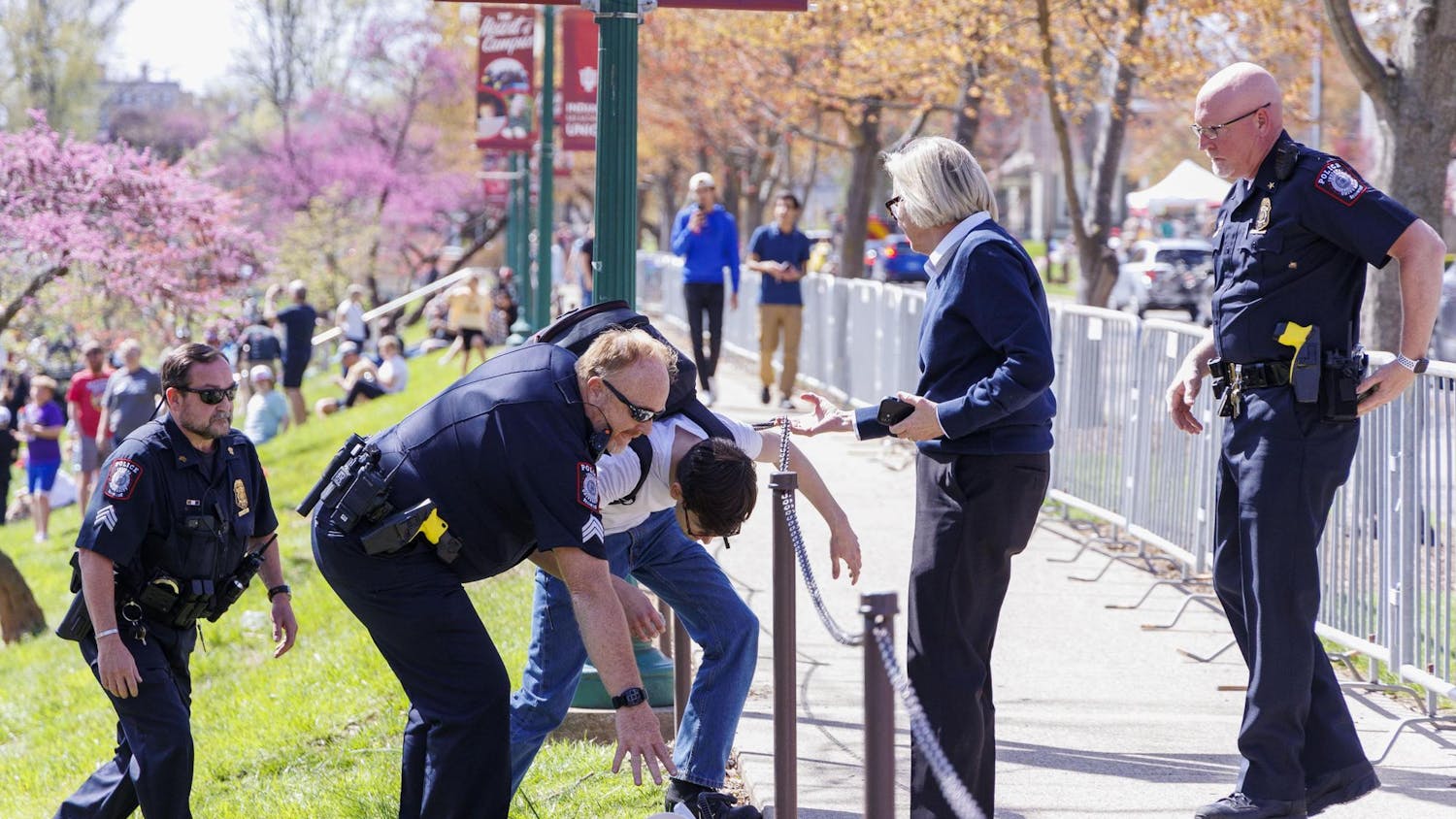Documentaries are windows to another world. The Travel Channel takes you to Brazil, the History Channel takes you to 1776 -- VH1's "Music Behind Bars" takes you to prison, a world most of us have no access to and no knowledge of. \nPrison life is a rarely opened window except for what Hollywood chooses to portray in its blockbuster crime movies. "Scared Straight" documentarian Arnold Shapiro attempts to show us otherwise; the series focuses on music programs in three different penitentiaries in America. The program not only allows viewers to see how music can be healing for criminals, but it also illustrates what prison is like without Hollywood editing. \nAccording to an Oct. 19 Washington Post article, "O'Reilly, Convicting VH-1 for Its Prison Music Show," Pennsylvania Gov. Mark Schweiker, NBC's "Today" show and CNN's Connie Chung are just some who have publicly denounced the program for glorifying criminals' lives. The concentrated criticism for "Music Behind Bars" proves that Americans want to maintain that movie image and ignore those clearly troubled citizens who live life in 5' x 5' colorless boxes and make license plates in their spare time.\nI realize some of these people are murderers, drug dealers or thieves. I realize when people commit a crime they need to pay a fine. And I'm sure just about everyone in the Kentucky State Reformatory featured in the Oct. 25 episode of "Bars" deserves to be there. \nBut they don't deserve to be completely expelled from society. According to the Buereau of Justice Statistics, 1,962,220 prisoners were held in Federal or State prisons or in local jails last year. Though we'd like to pretend that once people are jailed they no longer exist, we can't. Over a million are still there, living behind barbed wire with every moment to think about their crime. \nJail seems to be a way for Americans to pretend crime is locked away from society at large. But that's grossly untrue, as inmates are released on parole everyday. They come back. They drive cars and shop at the grocery store. \nInstead of making criminals' prison sentences miserable, why not use their sentences as a way to make them better, more civilized people? If they don't learn how to elevate their existence, they may commit crimes again, and then their prison time and Americans' tax dollars have been in vain. Most criminals come from lower income households; according to the BJS only about 35 percent of inmates have completed high school. Their poverty doesn't allow them to learn a musical instrument, and their crumbling school system probably doesn't even have a music program. Most likely, they have never been shown the positive energy of creative expression. Instead, they channel their energy negatively toward violence or drugs, as they don't know what else to do. Their environment is only partially responsible for their behavior -- clearly if someone breaks the law, they are accountable for their actions and should suffer the consequences. \nSo these troubled souls land themselves in jail. But at prisons where musical expression is taught and encouraged, these men are finding therapy for their conscience and hope for their future. \n"Music Behind Bars" is not glamorizing their life, or making the new rock star fashion statement prison fatigues. It's evident after only two minutes of the program that their way of life is wretched and mind-numbingly dull. I refuse to believe that some impressionable 14-year-old child is watching this program at 10:30 at night thinking he aspires to sing in a prison group when grows up. \n"Music Behind Bars" is important to watch because its focus is not about living a constrained life, but rather on how music expands the lives and minds of prisoners. It shows that music can heal the spirit. I commend these prisons for allowing criminals to do something positive with their time and for trying to make their prisoners into better people. And I commend VH-1 for taking a risk and opening a window that Americans would rather keep closed.
Music expands lives, minds
Get stories like this in your inbox
Subscribe





